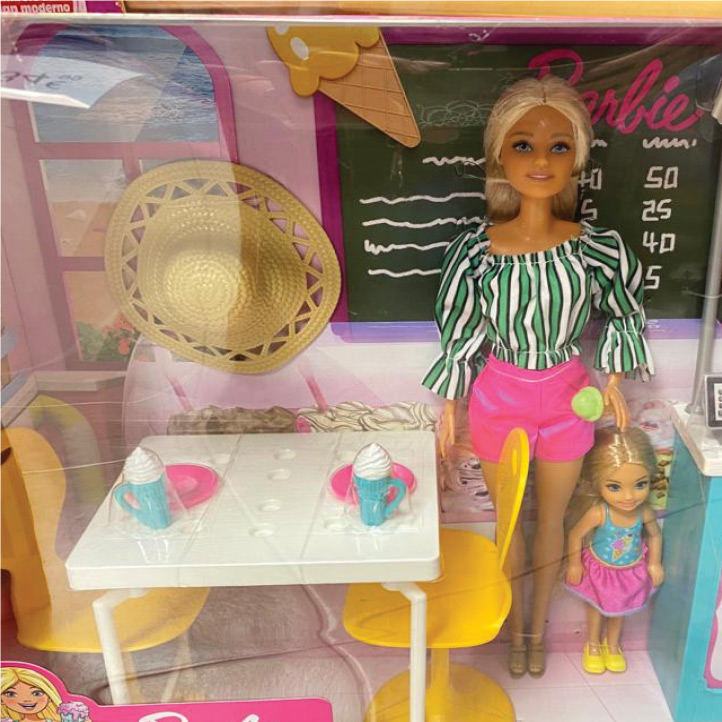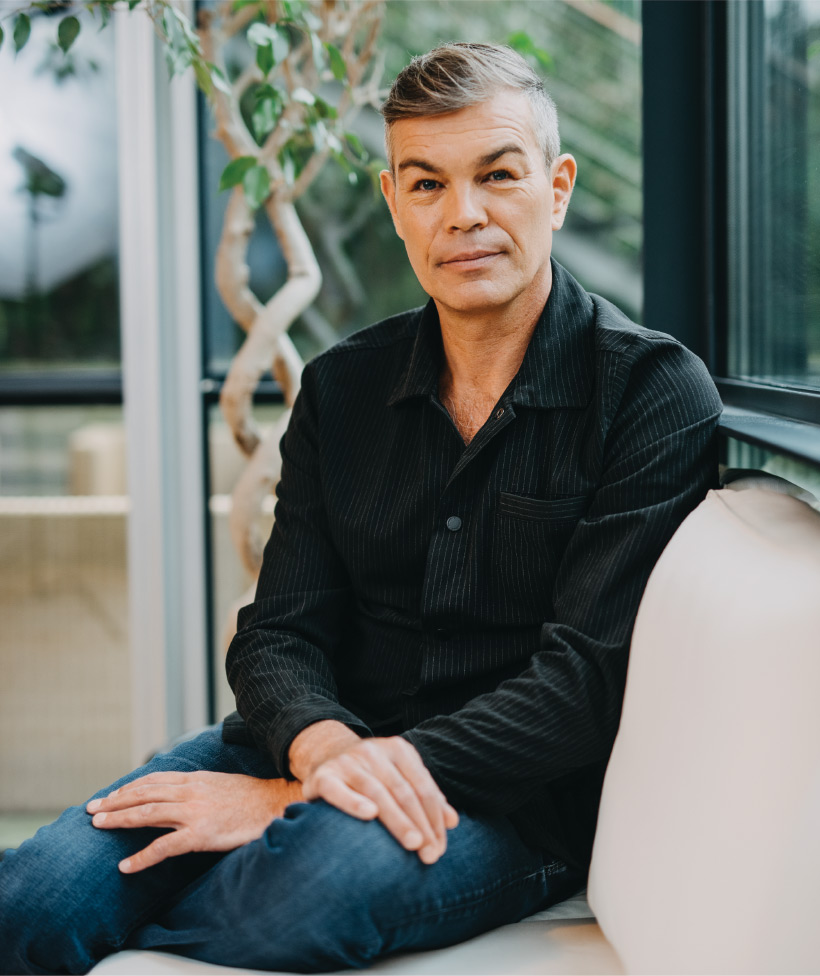Most of the time, we think of our identity as a fixed and stable entity. We are who we are.
This perceived unity turns out to be fragile only through conflicts and sometimes even crises. When our own ideas about ourselves collide with reality, we can start to brood. At least if we understand these collisions as an invitation to learn more about ourselves. It is especially in these moments that we can learn the difference between “roles” and “identity” and develop ourselves further.

Our concept of ourselves is a process that begins with detachment from our most important attachment figures. We first recognise ourselves in the mirror, understand that we have a name and begin to discover ourselves. A little later, we become a kindergarten and then a school child. In these phases we are “equipped” with roles.
We experience what it is like to live these concepts of socially desirable behaviour. Our parents or other authorities train us to fulfil these roles in order to become accepted members of a community. These roles then become our identity step by step.
In answering the question “Who are you?” we then offer these roles to those who are interested. We consider these concepts to be a secure foundation and scaffolding that surrounds us. Therefore, we also need an environment, friends, colleagues, brands and products to reassure us of this concept of ourselves again and again.
»I’m a boy, I’m a high school graduate, I’m an academic, I’m a surfer, I‘m…«
It takes conflicts or crises to feel the fragility of these presuppositions. Just a board member and now family caretaker, or the other way around. Or we feel that we get angry in conflicts because we think we are very vegan, ecological or conservative, for example. The same is true if we are convinced that we are a particularly empathetic and caring leader. Any attack on these roles is strongly defended emotionally because we consider them to be our identity.
I recommend you to understand your roles in a much more flexible way and to learn more about your identity through this “trying out roles”.
For example, why not see the role of “CEO” as a role that invites you to learn more about yourself? Observe yourself interpreting and living out this role. Very often, these roles go hand in hand with societal and socialised ideas. In addition, there are also inherited beliefs, for example about leadership. You can learn a lot about yourself by reflecting on your actions.
If you succeed in recognising and reflecting on your roles, then you have the chance to change them. They are not your identity! This gives you the opportunity to find your
individual form of the respective role. This way you will get a better idea of who you are. You are not your roles. It’s the other way around.
